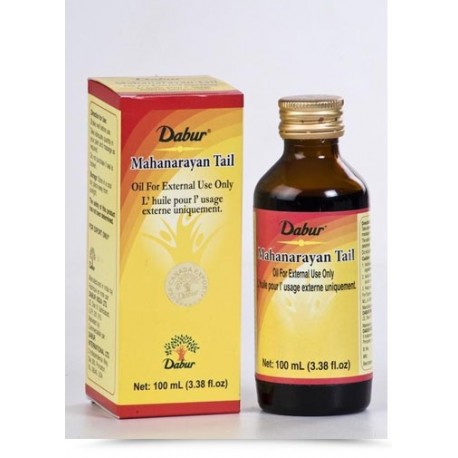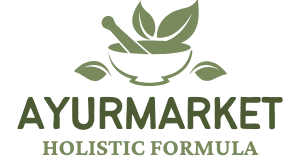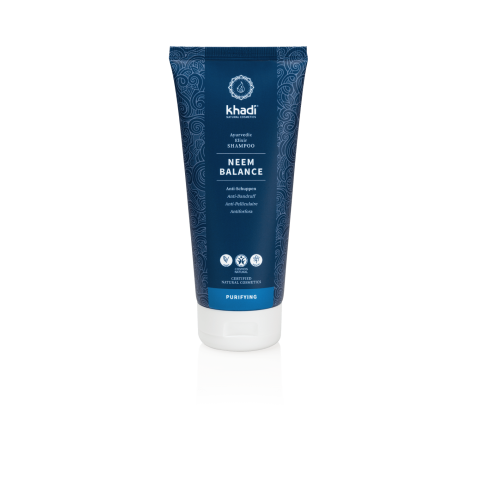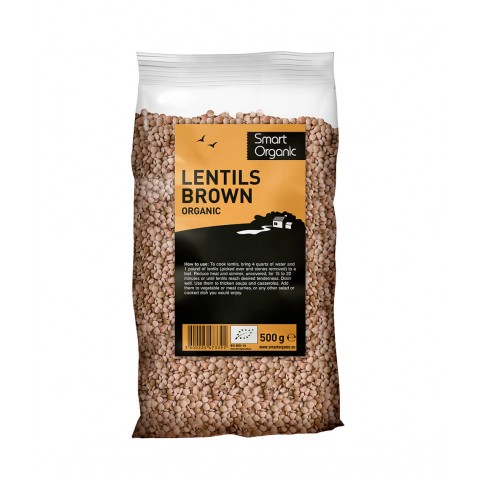

A blend of ancient Ayurvedic oils from 56 herbs. It has been used in India for thousands of years.
Mahanarayan oil is ideal for Vata-type people and helps to eliminate Vata imbalances.
Vata is naturally dry and cold, and this oil warms and soothes.
Mahanarayan oil is a traditional Ayurvedic medicine made according to ancient recipes, which contains extracts from 56 medicinal plants (gokshura, shatavarii, sandalwood, nimba and many others). The healing ingredients of the oil penetrate the skin to inflammatory sites, providing a highly effective treatment for painful foci in the joints and spine. Natural vitamins A, E, D3, minerals contained in Mahanarayan oil, ensure the action of the oil at the cell membrane level, normalize acid-inflammatory processes in damaged tissues and calcium metabolism, which leads to a decrease in calcium salt accumulation. Note that myrrh extract is the most powerful natural antirheumatic and pain reliever.
Massage oil contains 56 medicinal plant extracts!
Key features:
1. Deeply penetrates the tissues of the joints.
2. Effective analgesic.
3. Eliminates inflammation and edema.
4. Gently warming.
5. Stimulation of cartilage tissue regeneration processes.
Dosage and dosage: before use, take a hot bath for 10-15 minutes (with 0.5 kg of salt) or apply a hot bandage with hypertonic (saline) solution for 10-15 minutes on the sore joints, or make a hot wrap - in case of spinal pathology. Then apply a thin layer of oil and massage the joints or spine for 10-15 minutes. You can then leave the oil for another 30-40 minutes. The course of treatment of acute diseases is 7-14 days, chronic - 1-2 months.
Contraindications: individual sensitivity to components. The drug can be recommended from the age of 4 years. Precautions: Avoid contact with mucous membranes and damaged skin.
Recommendations for use: for external use. Rub into diseased joints, use for general body massage. Used to restore general fatigue and to keep the joints simple and agile and to keep them in normal condition. This oil can also be used for local and general body massage (except for the head). You can then leave it overnight or rinse with warm water. For full body massage, wash skin with warm water and Ayurvedic soap after massage.
The oil is used to reduce general fatigue and help restore strength. Recommended for use before or after sports, yoga workouts. Used before training helps to strengthen muscles, increase their elasticity and tone, using after - helps to relax. As mentioned, suitable for massage.
This oil is named after the Indian deity Narajan (Vishnu) - the Great Narayana ("mahanarayan"). The oil is prepared in a few months - heated in a large container on low heat, always adding the necessary components.
Ingredients (INCI):
Water, Sesamum indicum Oil, Goat/Cow Asparagus racemosus oil, Bilva (Aegle marmelos), Asvagandha (Withania somnifera), Brihati (Solanum indicum), Goksura (Tribulus terrestris), Syonaka (Oroxylum indicum), Bala (Sida cordifolia), Paribhadra (Erythrina variagata orientalis), Kantakari (Solanum xanthocarpum), Rakta Punarnava (Boerhaavia diffusa), Atibala (Abution indicum) , Agnimantha (Premna integrifolia), Prasarini (Paederia foetida), Patala (Stereospermum suaveolens), Rasna (Pluchea lanceolata), Asvaganda (Withania somnifera), Misreya (Foeniculum vulgare), Devdaru (Cedrus deodara), Pushkarmoola (Inula racemosa), Salaparni (Desmodium gangeticum), Prsniparni (Uraria picta), Mudgaparni (Phaseolus trilobus), Masaparni (Teramnus labialis), Dalchini/Tvak (Cinnamomum zeylanicum), Nagkesera (Mesua ferrea), Saindhava lavana (Rock Salt), Pipalimoola (Piper longum), Haridra (Curcuma longa), Daruharidra (Berberis aristata), Saileya (Parmelia perlata), Netrabala (Pavonia odorata), Puskara (Inula racemosa), Ela (Elettaria cardamomum), Manjistha (Rubia cordifolia), Yasti (Glycyrrhiza glabra), Tagara (Valeriana wallichii), Musta (Cyperus rotundus), Tejpatra (Cinnamomum tamala), Tvak/ Dalchini (Cinnamomum zeylanicum), Jivaka (Microstylis muscifera), Rsabhaka (Microstylis wallichi), Meda (Polygonatum cirrhifolium), Mahameda (Polygonatum cirrhifolium), Kakoli (Lilium polyphyllum), Ksira kakoli (Fritillaria roylei), Rddhi (Habenaria intermedia), Vrddhi (Habenaria intermedia), Hrivera (Coleus vettiveroides), Vaca (Acorus calamus), Palasa (Butea monosperma), Talishapatra (Abies webbiana), Sveta purnanava (Boerhaavia verticillata), Coraka (Angelica glauca), Saindhava lavana, Karpoora (Cinnamomum camphora), Kunkuma (Crocus sativus), Mrgandaja.










